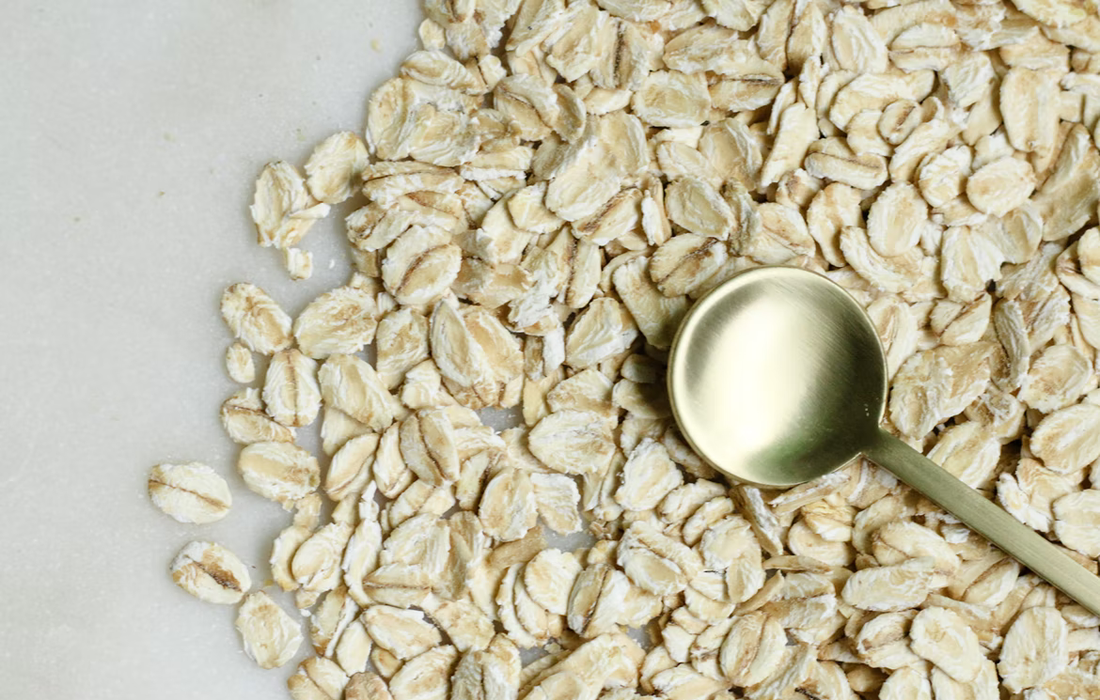Regenerative Medicine News and General Information
Can Fiber Help Find Antimicrobial Resistance?
Antimicrobial resistance (AMR) represents a serious global health threat to humans and animals, with many reports predicting AMR as a major cause of death worldwide by 2050.
Contributing to the growing epidemic are the overuse of antibiotics in farming practices and unnecessary clinical prescriptions, such as in the treatment for sore throat due to viral infections.
Researchers have estimated that in the year 2019, there were 4.95 million deaths worldwide in which AMR was likely an associated factor.
Scientists have also noticed that the composition and diversity of antibiotic-resistant genes (ARG) in industrialized populations are significantly different from nonindustrialized populations. They believe that these differences could be due to dietary differences. For example, low dietary fiber intake (a hallmark of diets in industrialized countries) reduces the substrate availability for microbes that convert fiber to short-chain fatty acids (SCFAs) and changes the compositions of the microbiome.
High Soluble Fiber Impact on ARG
In a recently published study, researchers found that increasing fiber in diet from diverse food sources could help decrease antibiotic resistance in the gut. The results appear in the journal mBio.
For the study, the team looked at the diets of over 250 individuals and the genes of those same participants’ gut microbiome. Study participants were healthy adults between the ages of 18 and 66. Information such as diet, physical activity levels, and blood samples were collected.
The researchers found that people who consumed more diverse diets, with higher soluble fiber had lower numbers of antimicrobial resistance genes in their gut microbiomes, which shows that a diverse diet high in soluble fibers could potentially reduce the risk of antibiotic-resistant infections.
Source:
Andrew Oliver, et al. Association of Diet and Antimicrobial Resistance in Healthy U.S. Adults. 2022. mBio. DOI: https://doi.org/10.1128/mbio.00101-22.
Image from:
Photo by Melissa Di Rocco on Unsplash

